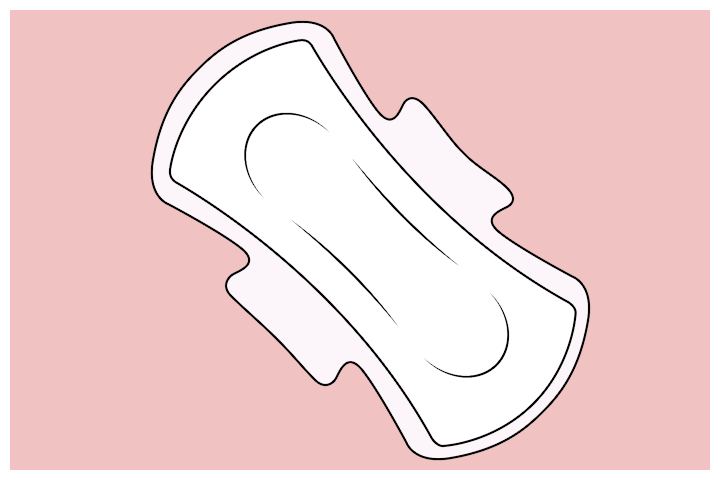A woman’s period can change in flow over her lifetime, but if your period is consistently heavy, it could be a sign of something else.

Dr. Paula James, a hematologist and professor of medicine at Queen’s University in Kingston, Ont., recently wrote a piece for The Conversation on why heavy periods for some women could be a result of a bleeding disorder.
Speaking with Global News, James said roughly 30 per cent of all women have heavy periods at some point in their lifetime, and about 15 per cent of these women may have an undiagnosed bleeding disorder. As a health-care provider, one of her major concerns is women may be dismissing their heavy periods altogether.
READ MORE: All about your period — what’s normal, and when you should see a doctor
“Part of it is just that we don’t talk that much about what normal bleeding is,” she told Global News. “Women don’t necessarily recognize that a period that goes on for 10 days is abnormal and unfortunately, sometimes they’ve been told that’s normal by traditions that are misinformed.”
Understanding bleeding disorders
Bleeding disorders that target women include Von Willebrand disease (VWD) and hemophilia, James previously wrote, and both are inherited.
“In families with a bleeding disorder, it is common for women to not realize their periods are heavy because other affected women in the family have similar problems. To them, heavy periods seem normal,” she wrote.

Dr. Robert Turner, a hematologist and adjunct professor at the department of laboratory medicine and pathology at the University of Alberta, added both of these are quite rare, but VWD can affect men and women.

Get weekly health news
READ MORE: Endometriosis affects 1 in 10 women – here’s how to recognize the symptoms
“If a woman has it, one of the manifestations can be heavy periods,” he explained. “And it’s very easy to deal with. There’s a simple oral medicine that helps deal with that.”
Type one or two VWD is a genetic disorder, he added, and can cause nosebleeds, large bruises from bumps or injuries or blood in your urine.
James noted iron deficiency anemia, changing your pads or tampons more than every hour or bleeding that lasts more than 10 days are all signs women shouldn’t ignore.
Bleeding is normal for women, but still taboo
Many women are unaware of hemophilia itself, experts added, and for a long time, research and awareness around this rare bleeding disorder have focused around boys and men.
“What used to happen, is you’d make a diagnosis of hemophilia in a boy and never even think to ask about what mom’s bleeding had been like,” James said.
“I think we’re doing a much better job in the inherited bleeding disorder clinics when we make any diagnosis, my pediatric colleague will always say, ‘OK mom tell me about your periods.”
She added hemophilia clinics were established across the country to take care of men, but in the last 20 to 30 years, the demographics of the clinics have changed.
“There were these social taboos against talking about periods and also this kind of crazy idea that women were supposed to suffer.”
READ MORE: 5 reasons why you keep missing your period (other than pregnancy)
Periods, in general, are still considered taboo for some, so even if a woman or girl’s period is abnormal or irregular, it may be hard to even have these conversations with family members or health-care professionals. For many, period education often comes from the education system.
“Health teachers realize this is a useful thing to talk about,” James said. “We’re actually working right now on creating a toolkit that we could provide through a website to teachers providing them some resources.”
Speaking with your doctor about heavy periods
There could be several other causes of heavy periods. Dr. Jennifer Pearlman of PearlMD Rejuvenation in Toronto, previously told Global News a heavy flow is quite common for women approaching menopause.
Turner said it is important to become your own advocate and always address any issues around heavy periods to your doctor, even if they dismiss it as normal.
James, on the other hand, has created a self-administered bleeding assessment tool (Self-BAT), to help women understand their bleeding patterns, and to help figure out what counts as “normal bleeding.”








Comments
Want to discuss? Please read our Commenting Policy first.